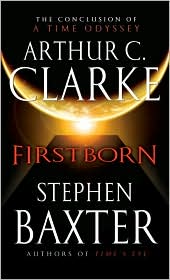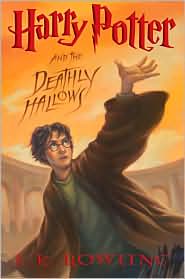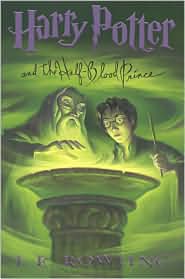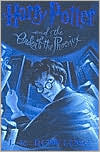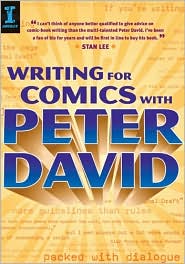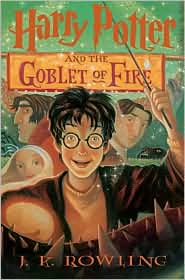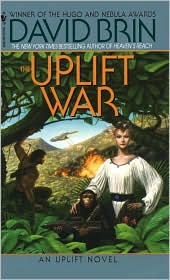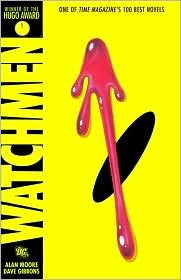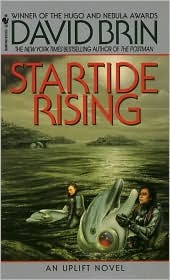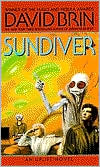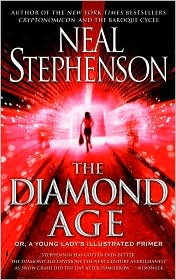As some of you know or have guessed I have a nearly unrelenting want to collect and read books. I know I want to read far more books than I will ever be able to. Of course that also goes for movies, television series, plays, music, art, classes, and various other things. I find myself torn between all of these and the needs for daily activities of life. That means that I am also loath to get rid of books. Periodically I will go through and throw away a lot of stuff that I don’t need, but books always seem to escape the trash can or the giveaway bin. So I have slowly gathered a collection of books from classes and such. The Civilized Engineer by Samuel C. Florman is a prime example of that. Anyone who knows engineers knows how long we can ramble on the subject, and how emotional we can get. Feel free not to follow the link if you have no interest in an engineer’s rant.
I had to buy TCE for a Mechanical Engineering class. It was one of those books that had designated readings for it, but I never really got into it or read many of the passages. It was just that at the time I was preoccupied with taking 17-19 hours of engineering curricula a semester. However, I kept the book, because I did like some of what I read. I hoped beyond hope that I might actually take time to read it one day. In fact I foolishly purchased a previous book that Florman had written entitled The Existential Pleasures of Engineering. That book is on my list for reading later. In fact an Architect friend of mine saw it on my bookshelf and was rather taken aback at the name. He seemed to think it smacked of oxymoron. It’s a common view point that is mirrored on both sides of the Engineering (Useful Arts) and Liberal Arts divide. And it seems that the current educational culture and environment are set up to reinforce that divide rather than attempt to bridge it.
In fact that’s what this book is primarily about. Florman has a bachelor’s degree and civil engineer’s degree from Dartmouth plus a M.A. in English literature from Columbia University. He laments the divide between the two areas of study. Primarily the book traces the origins of the divide back to the change from engineers being the larger than life, classically trained Eiffels and Roeblings through the development of the land grant schools whose charter was to teach the sons of mechanics and farmers to be engineers. The book posits that this shift from upper class, classically educated engineers to lower class engineers of rather poor backgrounds, maintained the class distinction of the time. This was also reinforced by the classical Greek notion that thinking was a much nobler and more favored task than mere doing. My understanding is that in the end the Greeks transferred much of their doing and building responsibilities to their slaves, under this notion. An interesting thought considering the plebian view some maintain of engineers. Then you have the other professions that look down on one of the few professions that still only requires a 4 year degree. I too have felt the downcast gaze as I passed under the upturned noses of these “true” professionals and “high thinkers.” But I digress.
Florman is one of the individuals from the profession that trumpets the changing of the engineering curriculum and training to include more of the liberal arts that have slowly been squeezed from it. I read as he told of his life and saw parallels to my own. We both became swept up in the wonder and joy of learning of machines, designing, and improving the world around us. The elation at problem solving and increased control and understanding of the world around us can be truly intoxicating. That’s hard for some people to understand. I don’t think I quite lost touch with other interests as badly as many. I have known engineering students and others in programs like computer science that saw no need for classes not related directly to the degree they were seeking to attain. I always felt that showed narrowness of view, but for some it allows them to focus an intensity that few can achieve. As I got farther into the program I noticed that my interests and tastes were expanding. I became dissatisfied with the limitations of the required curriculum and set out to supplement it with large numbers of classes I didn’t have to take but wanted to.
As the book continued I realized that I had begun a journey that he advocates, but that I hadn’t completely intended. Florman advocates a percentage of engineers seek additional more liberal education. Some engineers prefer focusing on the technical, but some need to expand their education and abilities in order to move up the management ladder, serve as interfaces with less technical public, and provide a much needed technically proficient part in government. The expanded education is a difficult thing. All of the time for a 4 year degree is taken up by the current curriculum. Any expanded education will require more time and money. It’s difficult to justify to a student without seeing any certain future monetary benefits.
Florman, like most people, thinks highly of his profession, and I admit I do as well. Of course I am slightly biased. Non-engineers might not find the book that compelling, but reading it might inspire a little more understanding of what they see as the dull and drudging engineer. He puts a lot of interesting things in the air in ways I hadn’t thought of them. I’m going to have to ponder them and decide if it’s time I got off my duff and chased some things of which my conservative nature has previously steered me clear.
Labels: books, engineering, non-fiction
Click for the rest of the rambling >>.






